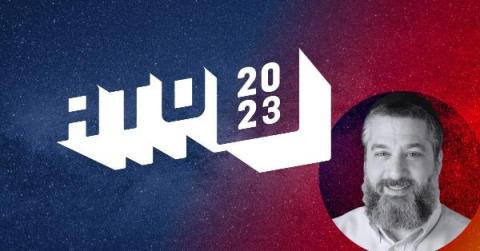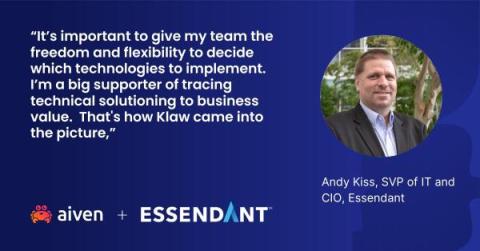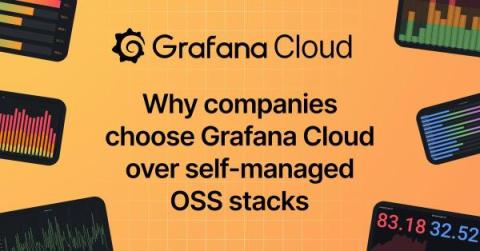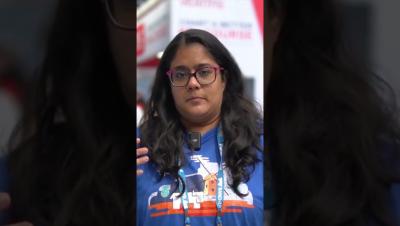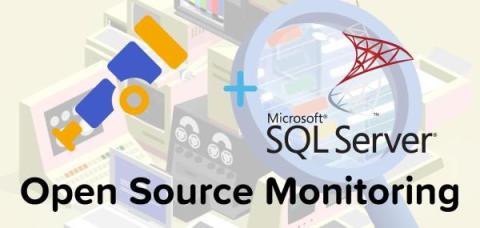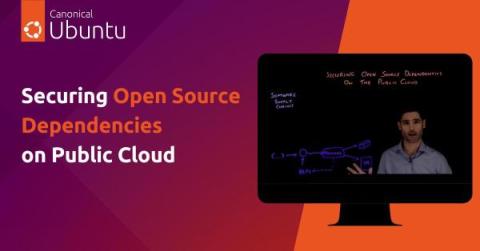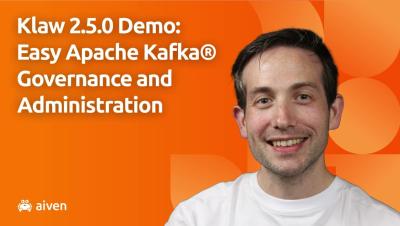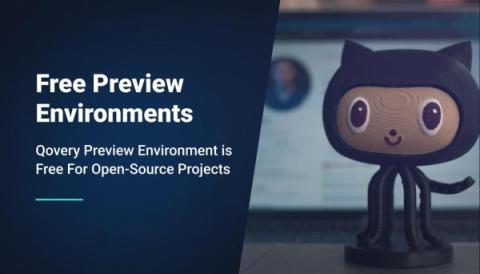The Driving Force of Community at All Things Open 2023
The most noticeable takeaway from All Things Open 2023 was how visibly and demonstrably people were there for the event itself. Not to check a box or browse the swag but to be together, show their support of open source, and glean every last bit of knowledge they could.


